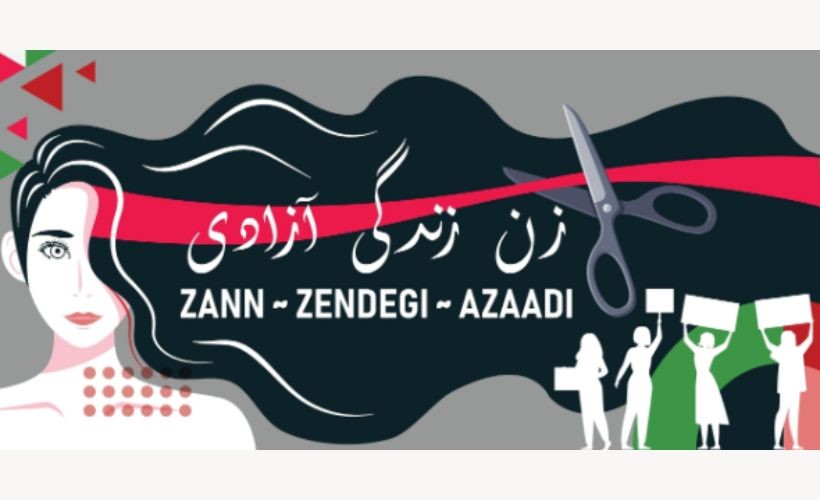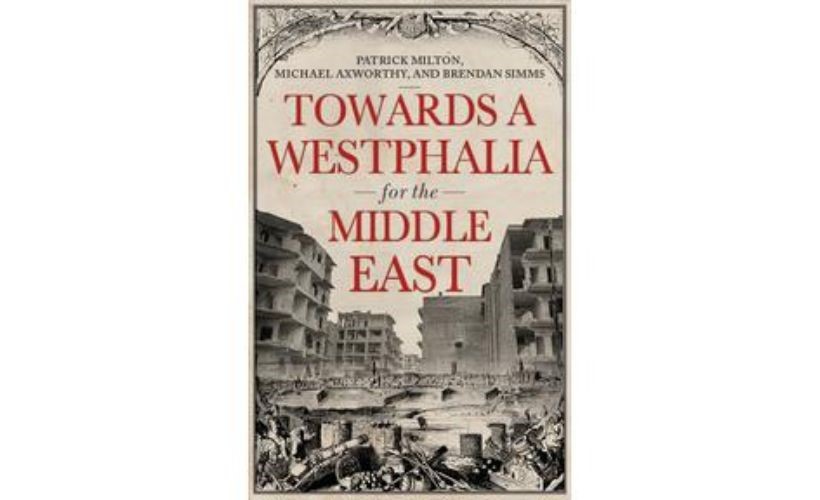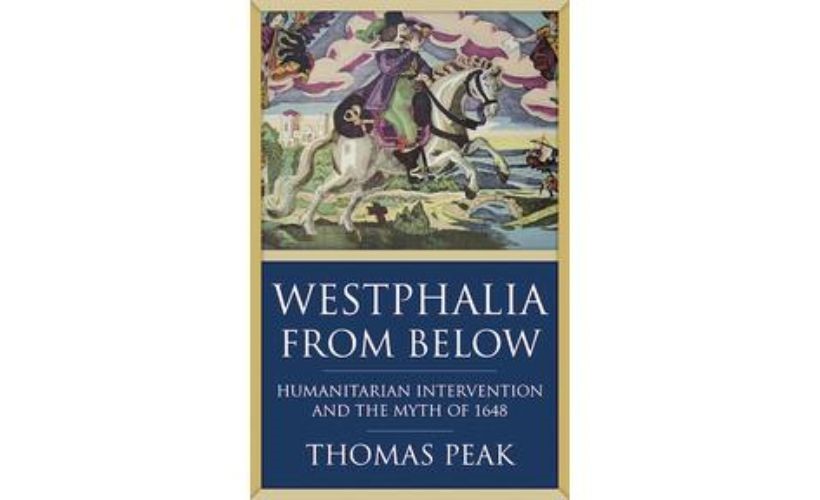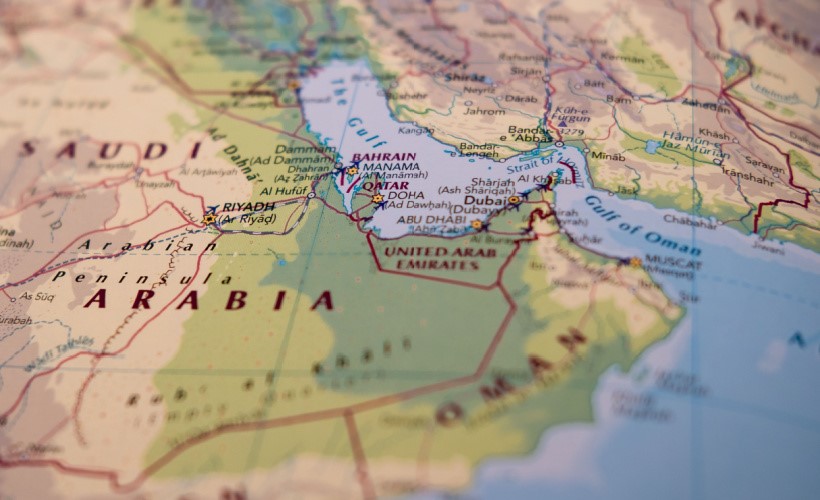By Dr Anahita Arian
Throughout the twentieth and in the twenty-first century, the Middle East has experienced various interstate and intrastate wars, conflicts, coups, revolutions, and other forms of violence and political turmoil. Since 2016, the Centre for Geopolitics has, through its Westphalia in the Middle East project, explored how and in what ways the ongoing conflicts in the Middle East can be settled to bring about durable peace in the region amongst various states and non-state actors. The project has in this regard particularly focused on how the seventeenth-century negotiations and diplomacy at the multilateral conferences in Osnabrück and Westphalia (in contemporary Germany), which ended the Thirty Years War in Europe resulting in the Peace of Westphalia, can provide possible lessons and tools for the achievement of an overall peace settlement in the Middle East. On the basis of various workshops, seminars, and symposia in which stakeholders from the region and beyond have participated, the project has established that Westphalian diplomatic tactics and strategies can offer some historical lessons for the settlement of ongoing conflicts in the Middle East.
While gentlemen’s agreements between heads of state and leaders of non-state groups certainly can bring conflicts and tensions to an end in the Middle East, the pressing question remains whether this can lead to durable peace. Particularly a peace that is not solely enacted and executed in the absence of women and their participation in it. Already in 2000, the Security Council of the United Nations underlined through Resolution 1325 the significance of women’s role in peace processes by calling for their equal participation in all efforts for the establishment, maintenance, consolidation, and promotion of peace and security. The recent women-led protests in Iran, sparked by the death of the 22-year-old Mahsa Jina Amini following her arrest by Iran’s morality police, just underline how important gender equality and the inclusion of women in political processes are for the stable functioning of states and the welfare of societies.
The Centre for Geopolitics takes up this question by examining and highlighting the significance of the role, position, and involvement of women across the Middle East in peace processes, on the one hand, and the realization of their rights and gender equality, on the other hand, since both are inextricably entangled and constitute the foundation for the establishment of durable peace in the region. Through the organisation of various roundtables, seminars, and workshops in the forthcoming year, the role and participation of women in peace processes in the Middle East are explored in tandem with the ways in which their participation can be realised. Central in such discussions is not only feminist and intersectional understandings of conflict settlement, peace, diplomacy, geopolitics, and transitional justice, but also the identification of the means and instruments that will enable women in the Middle East to equally participate in peace negotiations and the settlements of conflicts. Although the lessons of the Peace of Westphalia continue to have resonant relevance for the realisation of peace in the Middle East, they nonetheless need to be complemented by the twentieth and twenty-first-century ingrained lesson that no durable peace can be achieved in modern times without the active participation of women.







